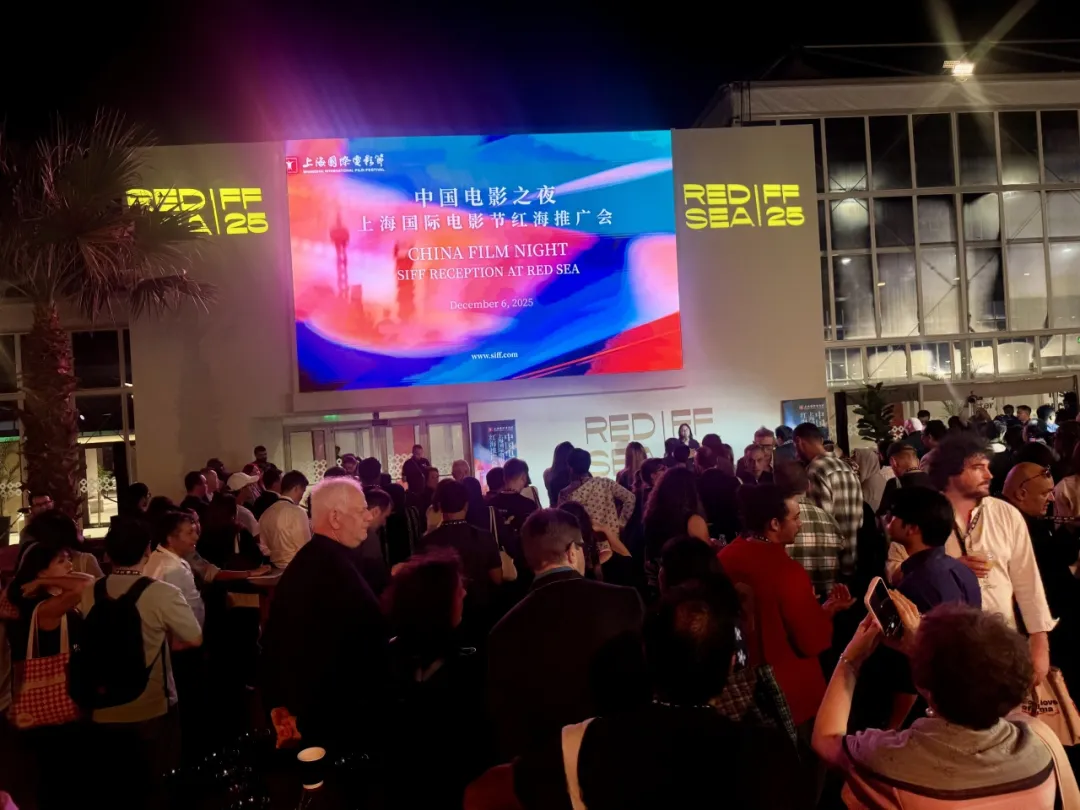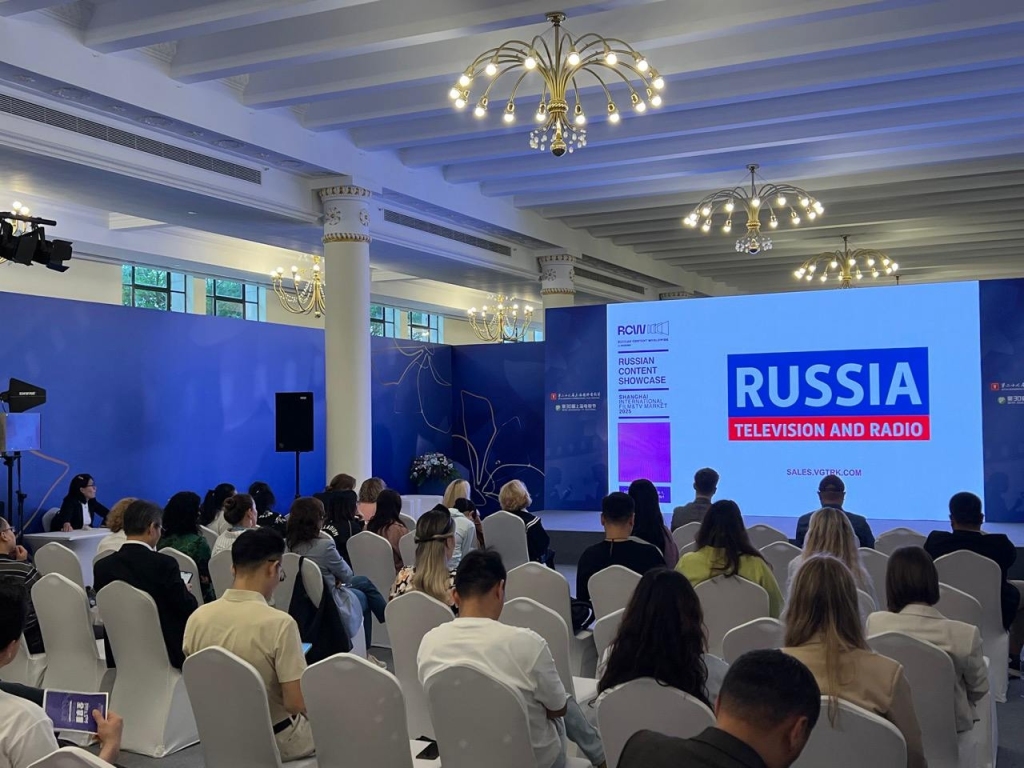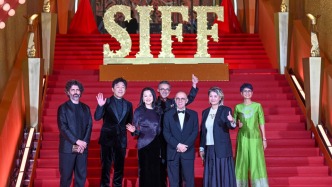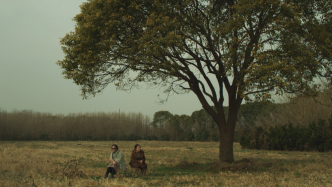

In addition to presenting outstanding works from around the world in the Golden Goblet Awards and other units every year, the Shanghai International Film Festival has always adhered to the festival concept of "based in Asia, focusing on Chinese language, and supporting newcomers", and is committed to building a platform to provide more opportunities for new works from contemporary Chinese-speaking regions to be presented to domestic and foreign audiences, and to promote the progress and development of Chinese-language films. This year's "Chinese New Style" unit has carefully selected seven latest masterpieces with different styles and themes for the audience. They are:
Tide (2024)
Qian Tang River
Wanbo
Highlights:
The screen reproduces the "miracle in the history of human land creation"
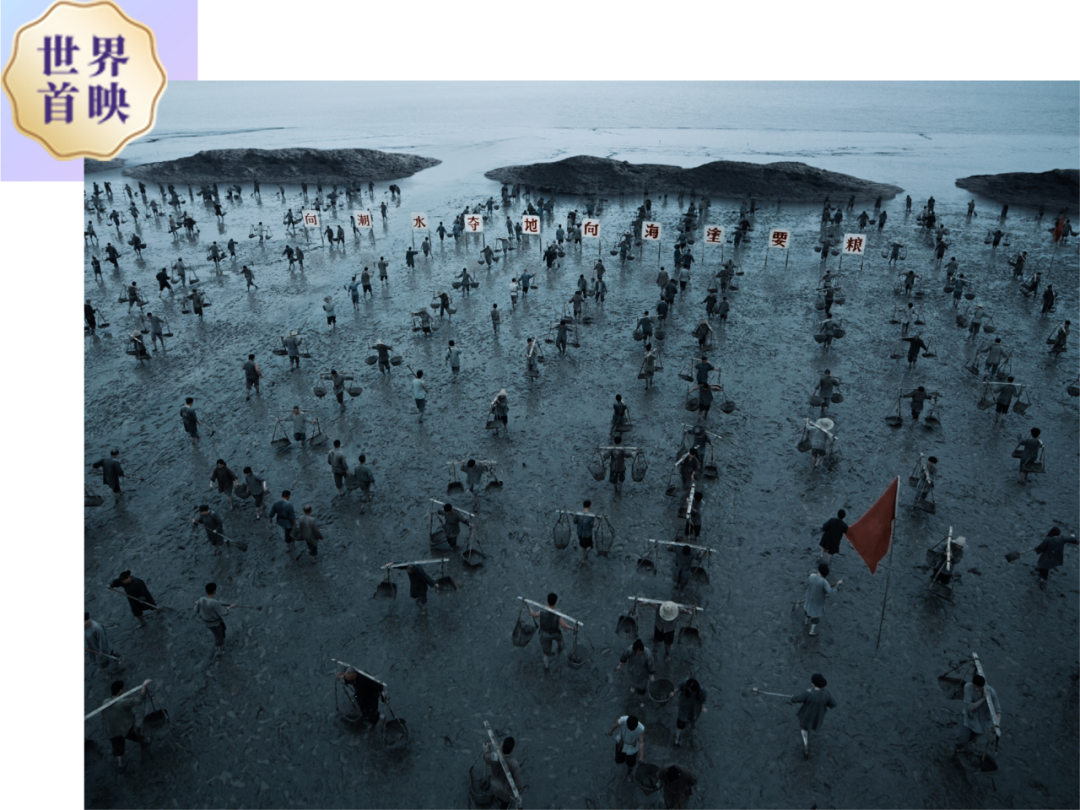
A teenager who attempted suicide was washed to a village near the river by the tide. He was saved by villagers and witnessed the story of the villagers who suffered from the tidal disasters. After repeated failures, they still had hope and longing in the face of the surging tides. Under the conditions of extreme material scarcity, they relied on their flesh and blood to reclaim land by the river. This film, which premiered at the Shanghai International Film Festival, is based on the feat of reclamation in Xiaoshan. Most of the film uses dialect dialogues, striving to be as close as possible to this endless rural history. The occasional folk songs and calls add a strong sense of rural sentiment and cultural complex. The film uses poetic image aesthetics to construct an epic of land reclamation with Jiangnan characteristics.
Neisha (2024)
A Land Behind
Yang Yishu
Highlights:
A unique female story that subverts the traditional mother-daughter relationship
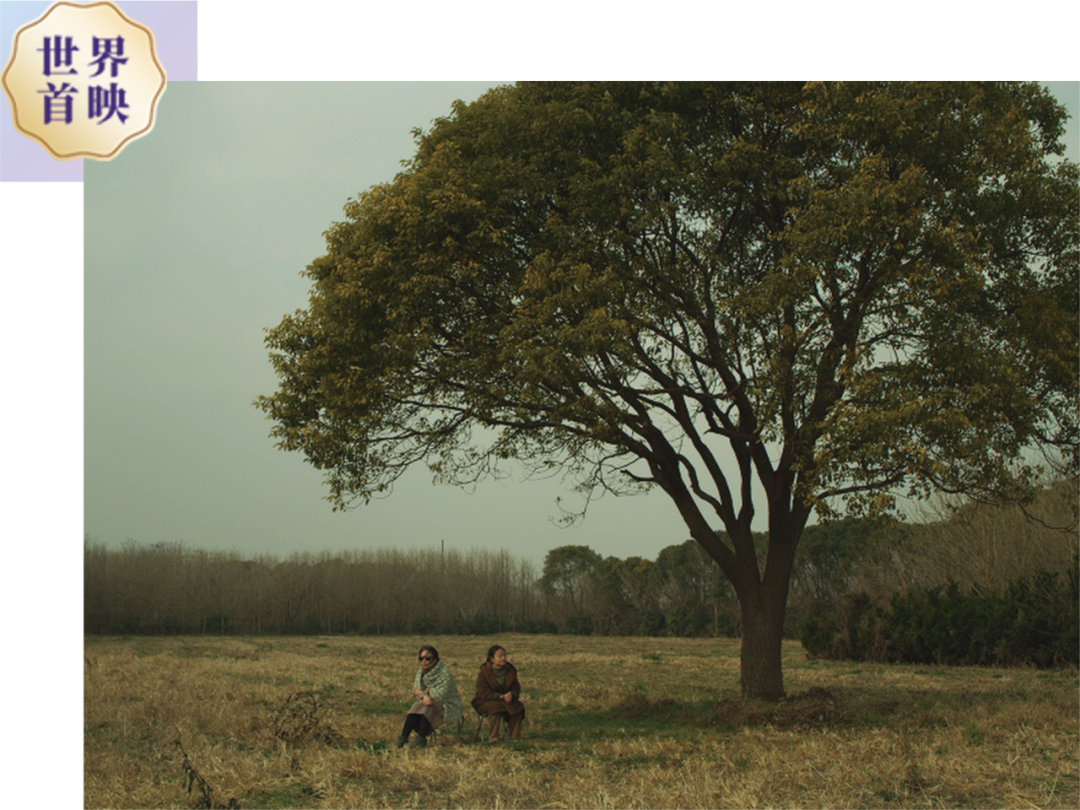
The works of the well-known female director Yang Yishu have been selected for many international film festivals such as the Locarno International Film Festival and the Busan International Film Festival. This time, she still tells a story from a unique female perspective about a small island formed by the accumulation of quicksand in the middle and lower reaches of the Yangtze River: a mother who has left home and lives in seclusion goes down the mountain to live on an organic farm, waiting for her daughter to return home with her on the winter solstice; and the daughter has been rooted in the farm for a long time, trying to overcome many setbacks and difficulties. The coming of a storm has changed everyone. Will all the unresolved problems be solved? This film was shortlisted for the 24th Shanghai International Film Festival Film Project Venture Capital (SIFF PROJECT) in 2021. This film premiered at the Shanghai International Film Festival.
My Dad's Dad is Called Grandpa (2024)
Sukhavati
Ji Zifeng
Highlights:
Dark humor tells the complex life of modern families
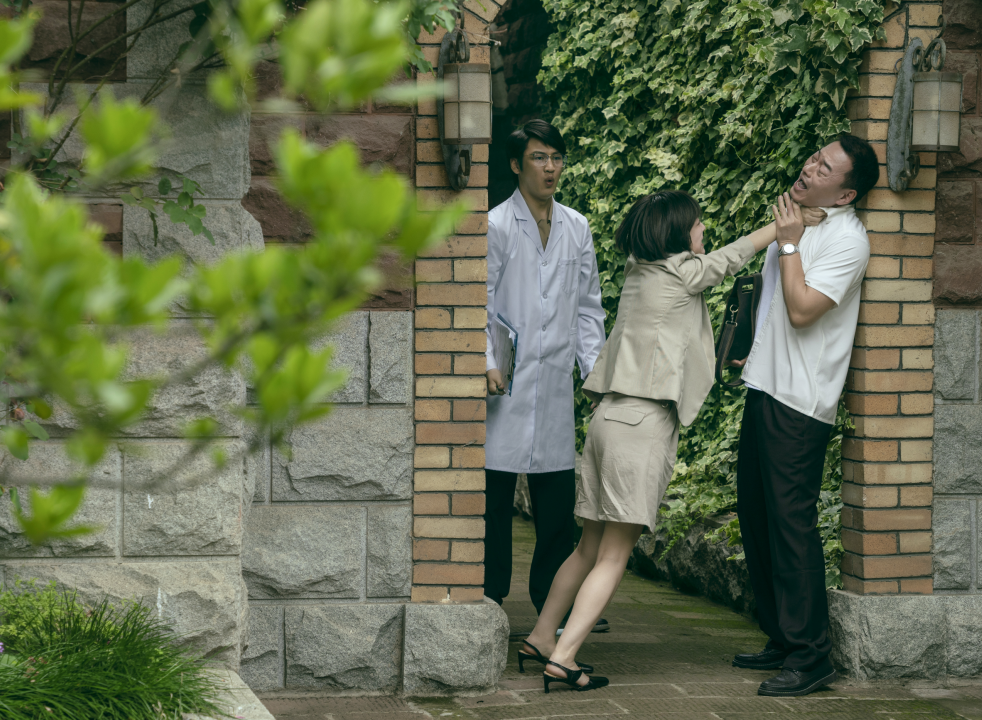
This film was shortlisted for the SIFF PROJECT project unit at the 25th Shanghai International Film Festival. The film tells the story of the different attitudes of different generations in a Chinese "daddy-based" family towards eternal farewell, and their different life choices under special circumstances: the grandmother of the Ji family, who had undergone excessive treatment, lost consciousness and was on her deathbed. Between abandoning treatment and prolonging life, the men, women, old and young of the Ji family held their own opinions and made a lot of jokes. This also made the grandson Youyou begin to examine the blind spots of the family that no one had discovered in the absurdity and exhaustion. According to director Ji Zifeng, the prototypes of the characters in the story are all from his real family. The film focuses on presenting the sense of powerlessness and diversity that emerges in the imbalance and disorder of contemporary families. He also strives to show the subtle and complex contradictions in modern families through the style of black humor.
Departure (2024)
The Beginning
Liu Zhihai
Highlights:
Using landscape aesthetics to tell the plight and confusion of young people a hundred years ago
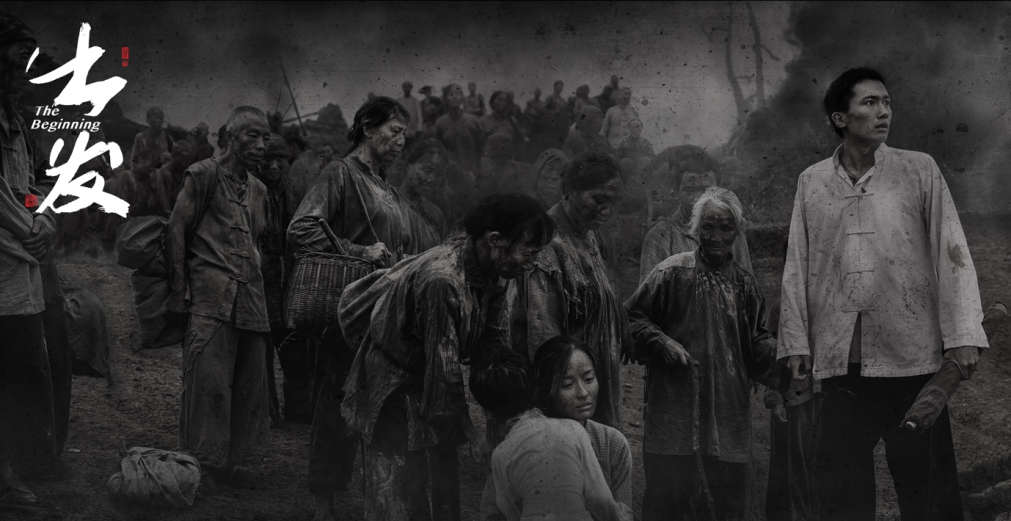
In the summer of 1917, Mao Zedong, a young man who was studying at Hunan First Normal School, and his classmates "traveled around the world on a budget", embarking on an adventure from passionate romance to loss, confusion, and struggle. They measured the world with "ideals", felt the people's sentiments with "feelings", and deeply felt the darkness and evil of society, so they wanted to "set out" to change the world. The director of this film continued the aesthetic style of "Above the Clouds", which won the Best Film Award at the 11th Beijing International Film Festival Temple of Heaven Award, and deeply explored the audio-visual narrative. With the Chinese landscape painting style and long-shot language, it presented a poetic film with unique oriental aesthetics, and also expanded the new expression and tonality of the film about great men.
Market (2023)
The Habitat
Zhu Yuqing
Highlights:
New female director tells Shanghai's urban story
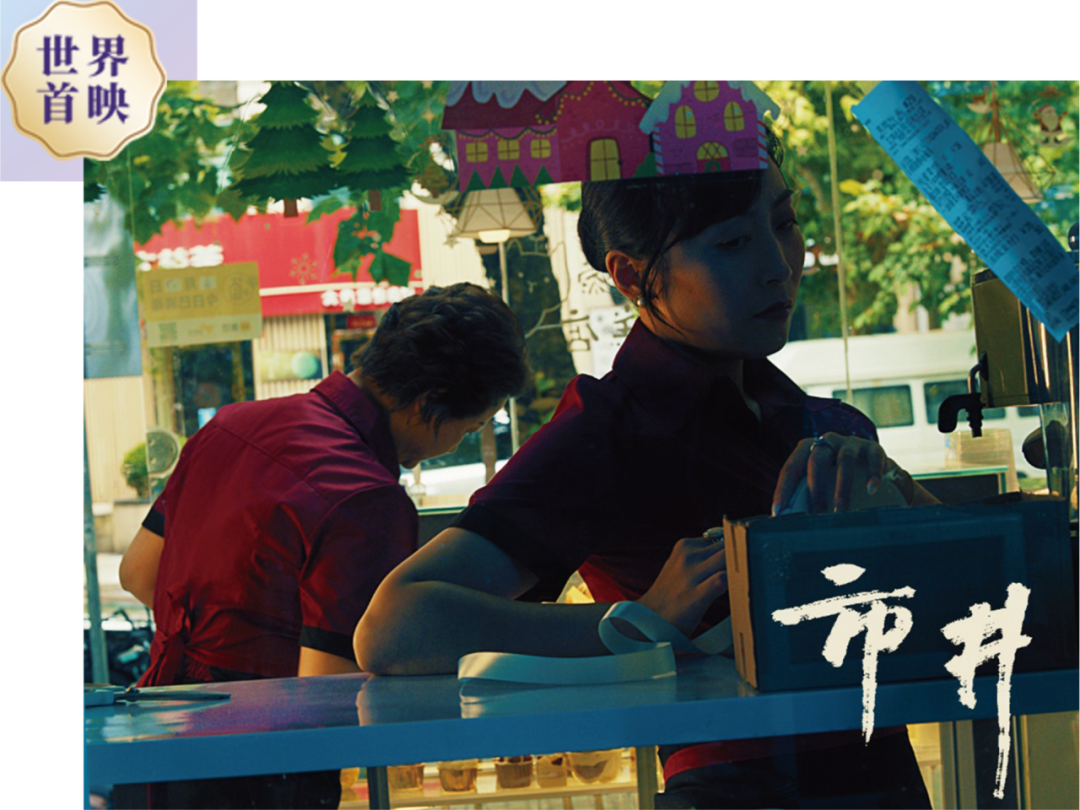
As the name suggests, "Market Life" builds the image of a cake shop saleswoman through the most mundane trivialities such as buying groceries, cooking, and feeding cats. In the simple daily life, the heroine's different identities as a mother, a woman, and a colleague unfold one after another: she hopes to choose a suitable relocation house as her son's future wedding house; she is blinded by the male customer who shows her favor and gives him almost her life savings as an investment; she accidentally loses the bracelet that her colleague gave her to try on. Fortunately, the emerging female director Zhu Yuqing brought an "O. Henry-style" comedy ending to this kind and humble heroine in her first feature film. The film premiered at the Shanghai International Film Festival.
Another day full of hope (2023)
Another Day of Hope
Liu Taifeng
Highlights:
Takeaway platform executives reflect on how their platforms exploit employees

Car accident, layoffs, unemployment, what should we do when bad luck comes together? Wei Li is an executive of a food delivery platform. He accidentally drove his car and hit a food deliveryman who was in a hurry to deliver the food. In the pursuit of who was right and who was wrong in the car accident, facing the double torture of law and humanity, Wei Li began to doubt the values he firmly believed in, and the truth hidden in the algorithm torrent gradually revealed its hideousness... Liu Taifeng, a senior practitioner who has many years of work experience in Hollywood, completed this amazing directorial debut after returning to China. He took the food delivery rider car accident that is closely related to the lives of all of us as the starting point, showing the real situation of ordinary people under the joint squeeze of technology, algorithms and social mechanisms. His unique insights and thinking on life have been highly praised by audiences at home and abroad. In addition, Liu Taifeng, who has always had a unique aesthetic insistence on images, completed the filming of this film with 16mm film, bringing a unique and delicate texture. It was shortlisted for the first directorial feature film competition unit of the Polish Camerimage International Film Festival, which is known as the highest honor stage for photographers around the world. The film premiered in China at the Shanghai International Film Festival.
A Strong Wind (2023)
A Year of No Significance
Tang Yongjian
Highlights:
Singaporean director tells the story of Chinese school students in the 1970s
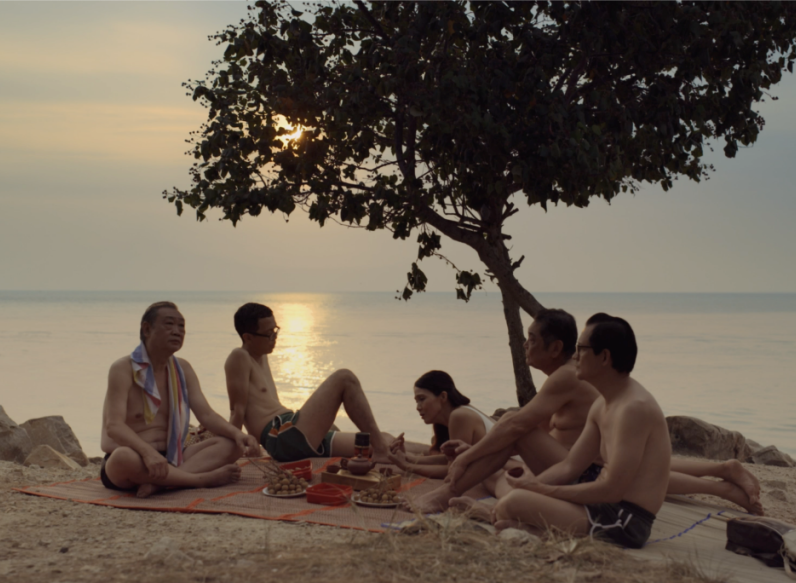
The film is set in Singapore in 1979, when English became the common language in the business world. Lin Chengshun, a middle-aged draftsman who graduated from a Chinese school, was excluded from the company, and at the same time encountered problems with family and love. When facing the test of professional talents, husbands, and sons, Chengshun sought an outlet for his emotions under the appearance of suppressed calm. Singaporean director Tang Yongjian revealed in an interview that he had the idea of making a film based on Chinese school students more than 20 years ago. His father and father-in-law and mother-in-law were all Chinese school students, but few people reflected their stories. Therefore, the director and his predecessors understood the dilemmas and bits and pieces faced by Chinese school students at that time, and injected a lot of creative inspiration into the content of the film. The sincerity of this creation also made the film particularly simple and moving. The film premiered in Asia at the Shanghai International Film Festival.
Tickets for this year's film festival will go on sale on the Tao Piaopiao platform at 12:00 noon on June 7, and tickets for screenings outside Shanghai (Nanjing, Suzhou, Hangzhou, Ningbo, and Hefei) will go on sale online at 12:00 noon on June 8.
Note: If the film list changes, please refer to the actual schedule.
